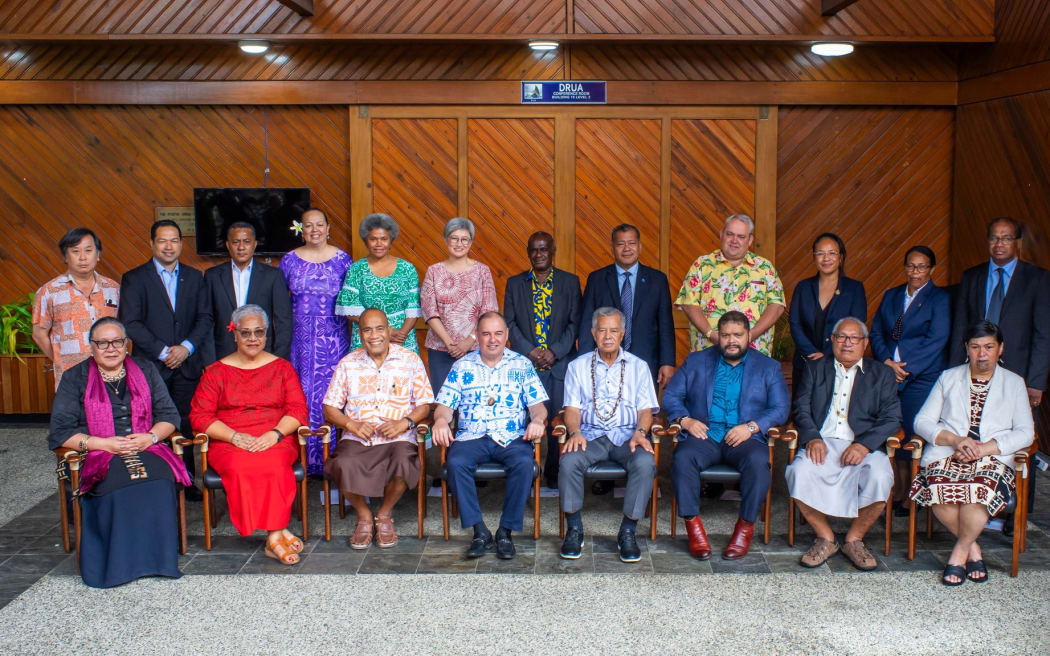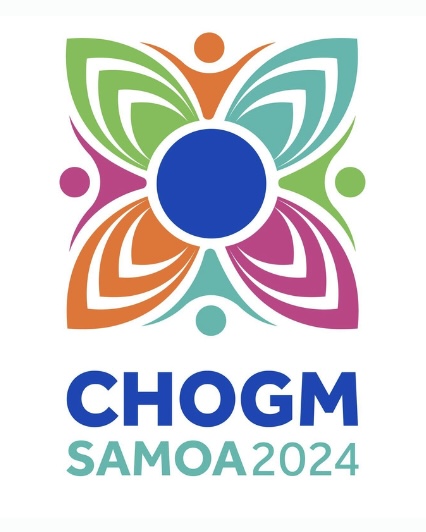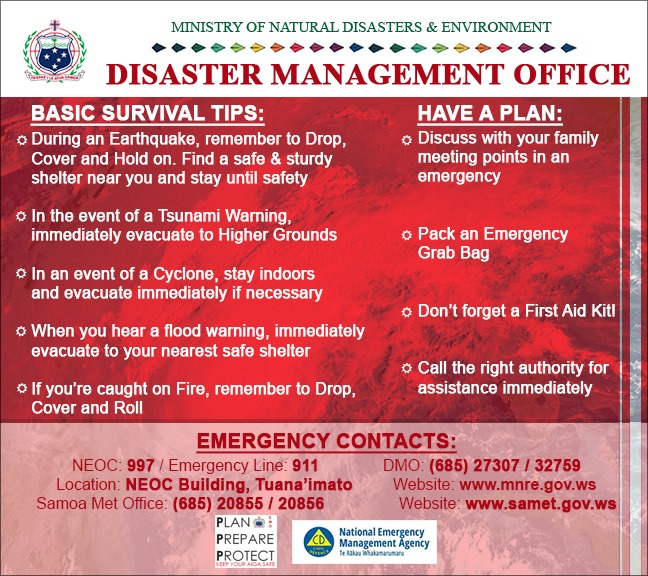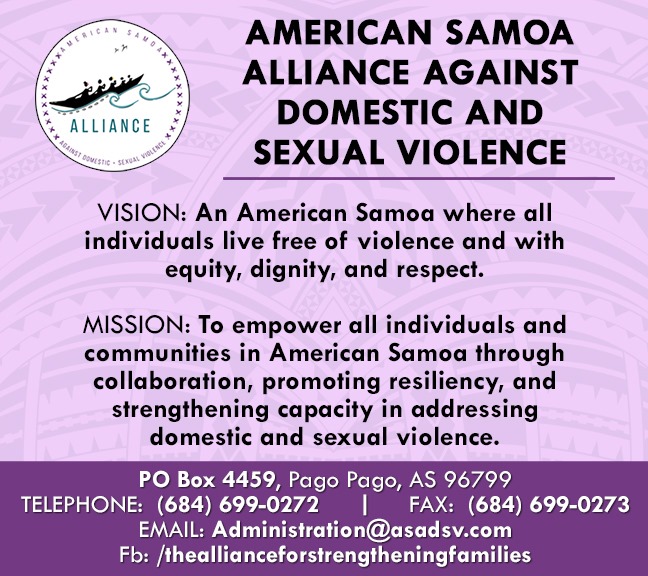Environment
Samoa signs up to the UN high seas treaty

UN Headquarters New York – Samoa is among seven Pacific Islands Forum member nations who have signed up to the biodiversity beyond national jurisdiction (BBNJ) agreement, also referred to as the UN High Seas Treaty.
The BBNJ treaty was adopted in June this year, after almost two decades of negotiations. It was officially open for signing by UN member states on Wednesday, September 20 at its headquarters in New York.
The Federated States of Micronesia was the first country to sign the agreement, followed by Palau, Solomon Islands, Fiji, Tuvalu, Samoa, New Zealand and Australia from the region.
“The ocean and its living species, many of whom are protective totems to many families in the Pacific region, do not know the maritime borders established with the law of the sea,” Pacific Ocean Commissioner Dr Filimon Manoni said.
“This framework, centered on States as the sole stakeholders to govern the ocean, has led to an individualisation of our collective relationship to the ocean and its resources. We have seen the prevalence of ‘exploitation and use’ over ‘respect and care’,” he said.
Manoni said the BBNJ instrument offers a legal tool to effectively collaborate to respect the Ocean.
“It recognises and upholds the special connection and connectivity we have with our ocean both within and beyond national borders. It recognises that we, as islanders, have interests in what is going on outside our borders.
“It also recognizes that our communities who hold traditional knowledge have a role to play in the conservation and sustainable use of biodiversity, even beyond our borders.”
The Pacific Ocean Commissioner said the BBNJ Agreement “is ambitious”.
“There will need to be delivery of adequate funding, support for the development of capacity, including our science expertise, as well as transfer and development of technology to tackle the challenges we are faced with, as well as to support us in reaching our full potential.”
Our Ocean is our global commons, and it is our global responsibility to care for it. Our ocean will only be able to breathe if we all work together because it is only when we paddle at the same rhythm and in the same direction that we can go fast and far.”
He said for the treaty “to be truly paradigm shifting” it needed all UN member nations to sign up to it.
“Forum Leaders have previously called for the expeditious conclusion of the negotiations of this treaty,” he said.
“Pacific delegates, with support from regional partners have worked tirelessly to see this treaty through to its completion.
He said his office will be working partners in the coming months to support Pacific countries in “ratifying and implementing the treaty”.
“Our efforts in that regard will contribute to the realisation of the vision of the Blue Pacific Continent narrative and the 2050 Strategy for the Blue Pacific.
“Today is a good day for our Ocean. Today is a good day for our Blue Pacific region,” he said.



















